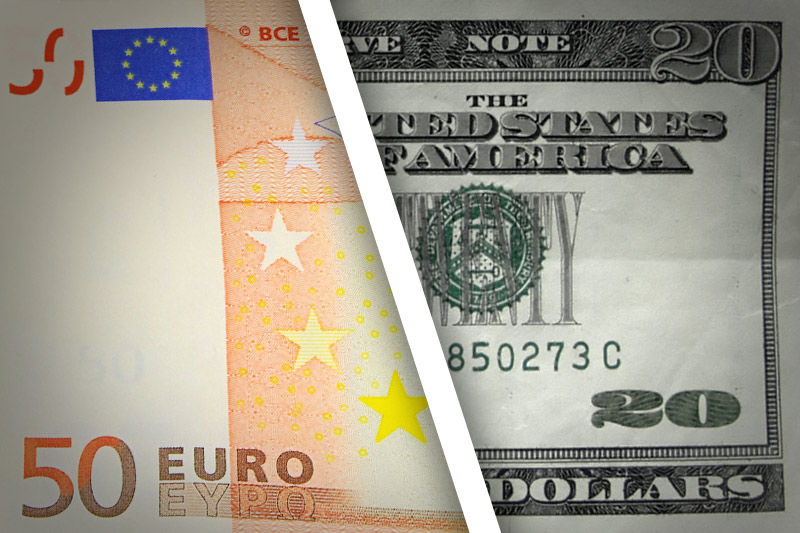Investing.com - The euro slid against the dollar on Monday on fears political instability growing in Greece may water down the broader European economy.
In U.S. trading, EUR/USD was down 0.10% at 1.2450, up from a session low of 1.2414 and off a high of 1.2478.
The pair was likely to find support at 1.2245, last Monday's low, and resistance at 1.2496, last Thursday's high.
The euro continued to soften due to the Greek government's recent decision to bring forward a parliamentary vote for president to this week
The move stoked fears that the anti-bailout Syriza party could take power as a result.
Government leaders have expressed fears that Greece could be forced to exit the euro zone if parliament failed to elect a new head of state by Dec. 29, which could rattle the entire European economy.
Elsewhere, upbeat U.S. data gave the greenback support.
The Federal Reserve reported earlier that industrial production rose by 1.3% in November, beating expectations for a gain of 0.7%.
Industrial production for October was revised up to 0.1% from a previously reported decline of 0.1%.
The report added that the capacity utilization rate, a measure of how full firms are using their resources, rose to 80.1% last month from an upwardly revised 79.3% in October, beating market calls for an unchanged reading.
The data boosted demand for the dollar on expectations that the Federal Reserve will tighten monetary policy next year.
Elsewhere, the euro was up against the pound, with EUR/GBP up 0.38% at 0.7959, and down against the yen, with EUR/JPY down 0.71% at 146.94.
On Tuesday, the euro zone is to publish preliminary data on private-sector activity, while Germany and France are to also to publish data on private sector growth.
The ZEW Institute is to release its closely watched report on German economic sentiment, a leading indicator of economic health.
The U.S. is to publish reports on building permits and housing starts.
